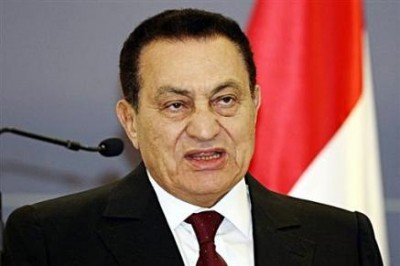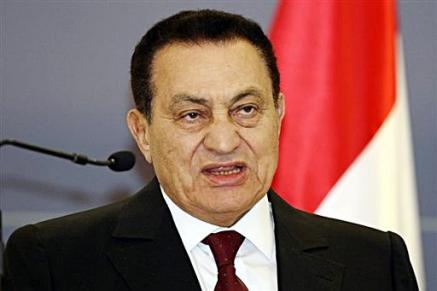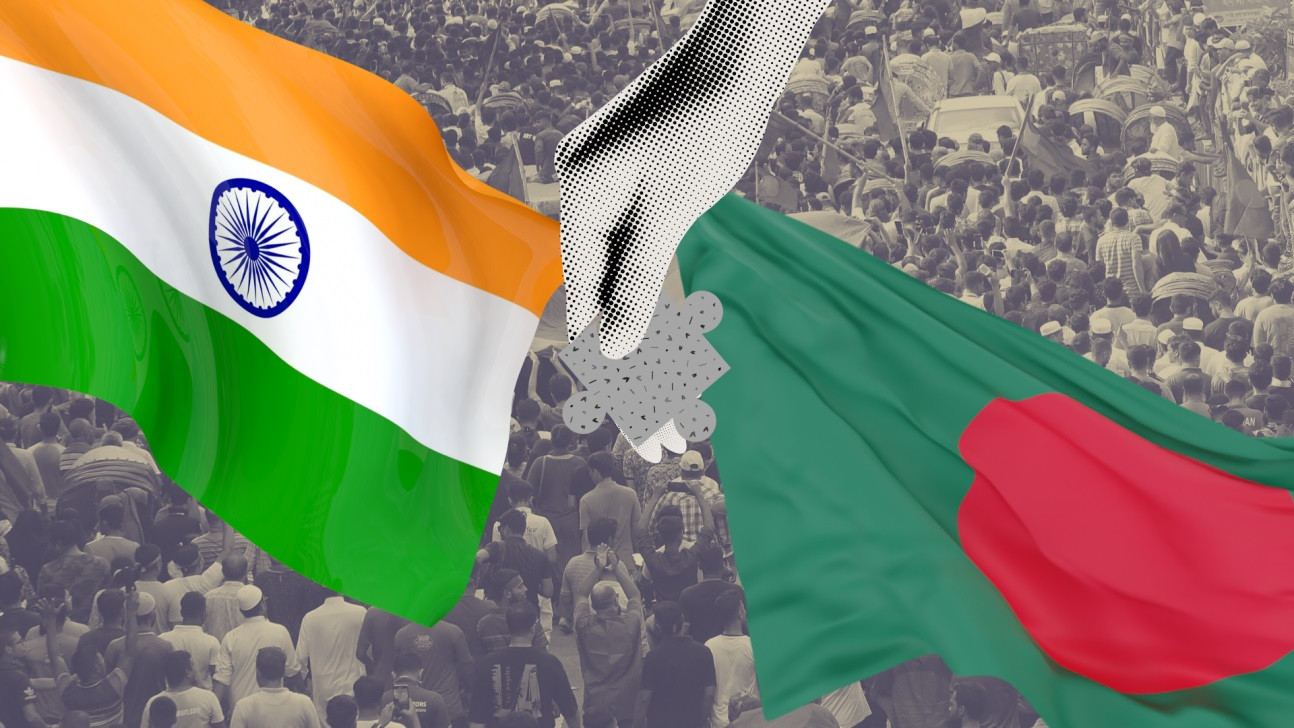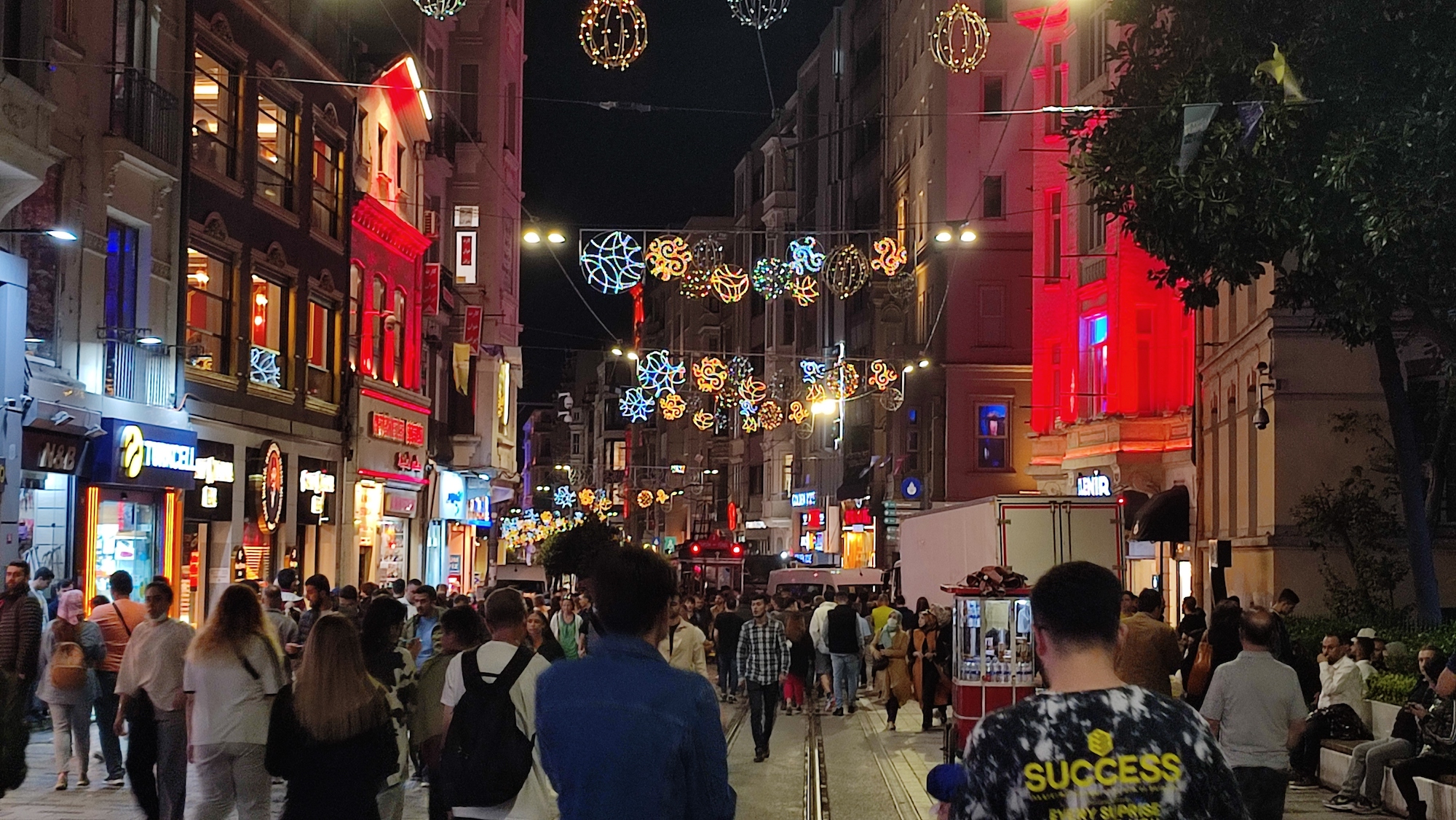CAIRO, April 10 (Xinhua) — Egypt has accelerated its anti-corruption campaign targeting Mubarak-era officials to soothe protestors who demand early trials of former President Hosni Mubarak and his top aides.
Abdel-Meguid Mahmoud, the country’s attorney general, on Sunday summoned Mubarak and would do so to his younger son Gamal in a few days, judicial sources said.
Former Prime Minister Ahmed Nazif, a top ally of the ex-president, was detained along with a former housing minister on the same day over corruption charges.
These have come after one was killed and dozens were injured in a riot early Saturday in central Cairo’s Tahrir Square, when troops and police were dispersing hundreds of protestors who wanted to stay there overnight, defying a curfew which remained in effect from 2 a.m. (0000 GMT) to 5 a.m. (0300 GMT).
Tens of thousands of protestors on Friday gathered in Tahrir Square, the epicenter of the mass demonstrations which forced Mubarak to step down on Feb. 11, to express their anger over what they believed the slow process of putting on trial those corrupt officials in the former government.
Remnants of the formerly ruling National Democratic Party (NDP) were blamed for instigating Saturday’s deadly riot aimed at driving a wedge between the army and the people.
To avoid bloodshed, which means no excuse for more protests, prosecutors should speed up their investigations into corruption cases of ex-officials and bring them to justice as soon as possible, as demanded by youth groups and some opposition parties.
As the country’s economy suffers a big blow because of the turmoil, the restoration of normalcy in every sector is badly needed for its recovery.
Protests have never stopped in this country after the Jan. 25 to Feb. 11 demonstrations. People like to turn to demonstrations to achieve what they want, whether it is realistic or not.
With pressure from protests, the caretaker government was reshuffled in early March. Editor-in-chiefs of national newspapers were replaced with new faces. Figures linked with the Mubarak regime were removed from their posts.
Since the fall of Mubarak, a number of top figures, including former ministers of interior, tourism, information, finance, industry and trade and housing, have been detained or investigated over corruption charges.
Mubarak and his family were banned from travel abroad and their assets frozen on Feb. 28. On April 5, the Supreme Council of the Armed Forces decided to form a judicial committee to investigate the assets of Mubarak and his family.
Charges against Mubarak included the crackdown on peaceful protests and abuse of power. At least 384 people died and more than 6,000 were injured in the 18 days of protests.
Various reports about the wealth of Mubarak and his family have come out during and after the protests. Corruption allegations against Mubarak and his aides was one of the major causes of the protests, in addition to high unemployment rate and rising food prices in the country.
Mubarak defended himself and his family by denying the accusations in a recorded audio speech aired by pan-Arab Al-Arabiya TV on Sunday.
“I strongly pained regarding unfair campaigns and baseless accusations targeting my reputation and history,” he said, in his first public statement after resigning and handing power to the army.
He said he agreed to the top prosecutor’s request for Egypt’s Foreign Ministry to inquire about his assets abroad through diplomatic means.
Mubarak denied that he had used his power to accumulate big wealth.
“I kept silent for the past few weeks against all campaigns and false claims aimed at defaming my reputation and trials to badly affect me and my family’s integrity until the general prosecutor gets all the reports from countries abroad and reveal the truth,” said Mubarak.
He added neither Alaa nor Gamal’s wealth was gained by exploiting their influence or through illegal profiteering.
“I reserve my legal rights towards those who tried to ruin me and my family’s reputation,” he said.
It is obvious that protestors will not stop their demonstrations unless they see real progress in the trials of the top officials in the previous government.
Therefore, these procedures will be implemented in a more efficient way so as to calm down the enthusiastic youth activists.
Mohamed El Gohary, chairman of Egypt Anti-Graft Agency, has said there is no delay in questioning of Mubarak and other officials and that all defendants will be summoned upon completion of interrogations.
Egypt will hold parliamentary elections in September and presidential polls by November. The army will transfer power to a civilian government after the elections.









